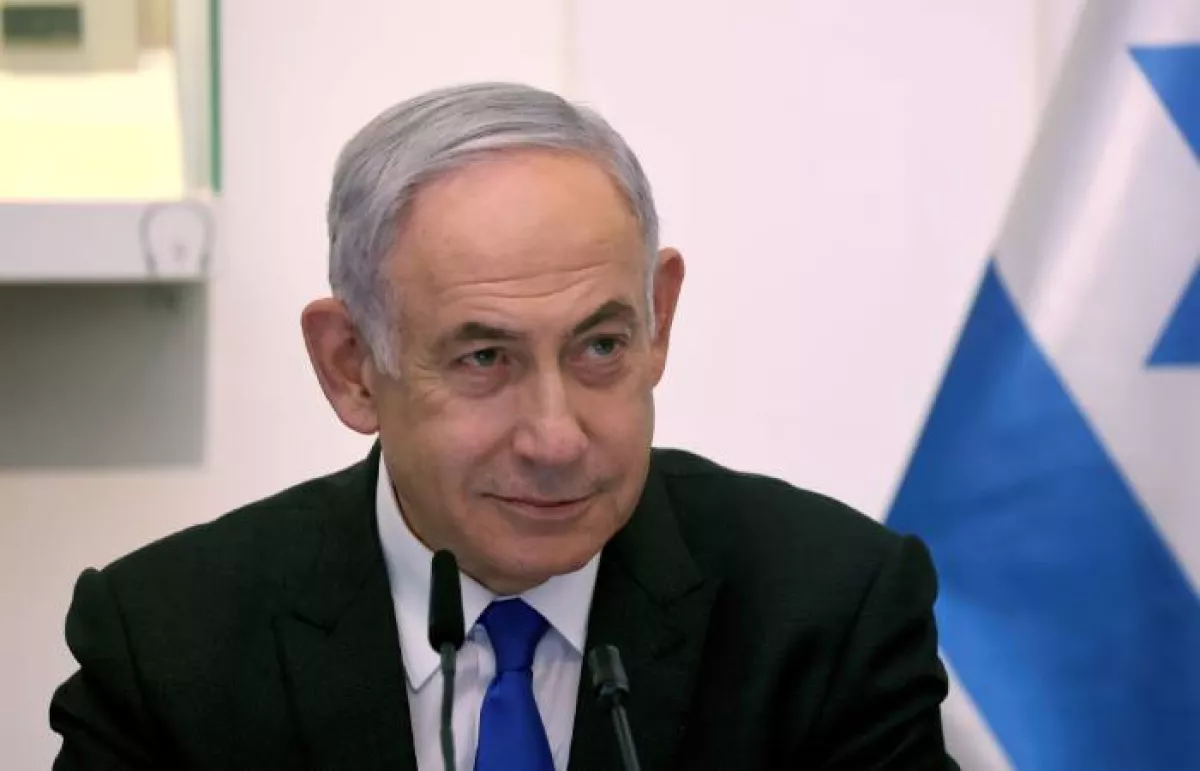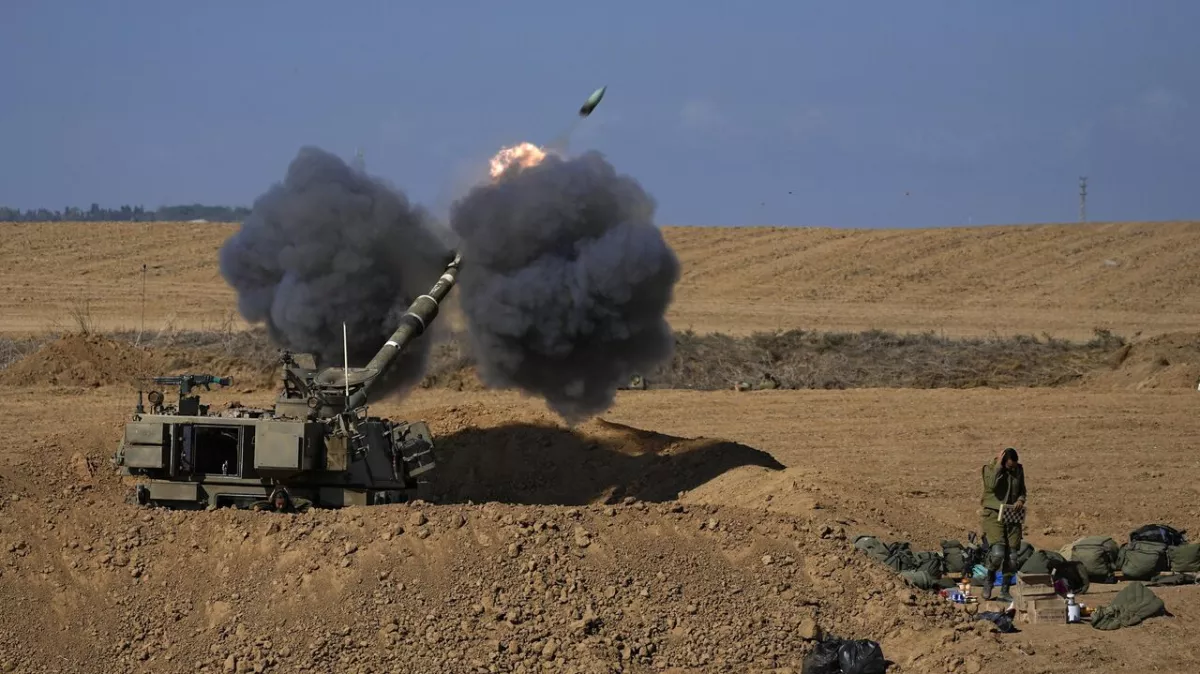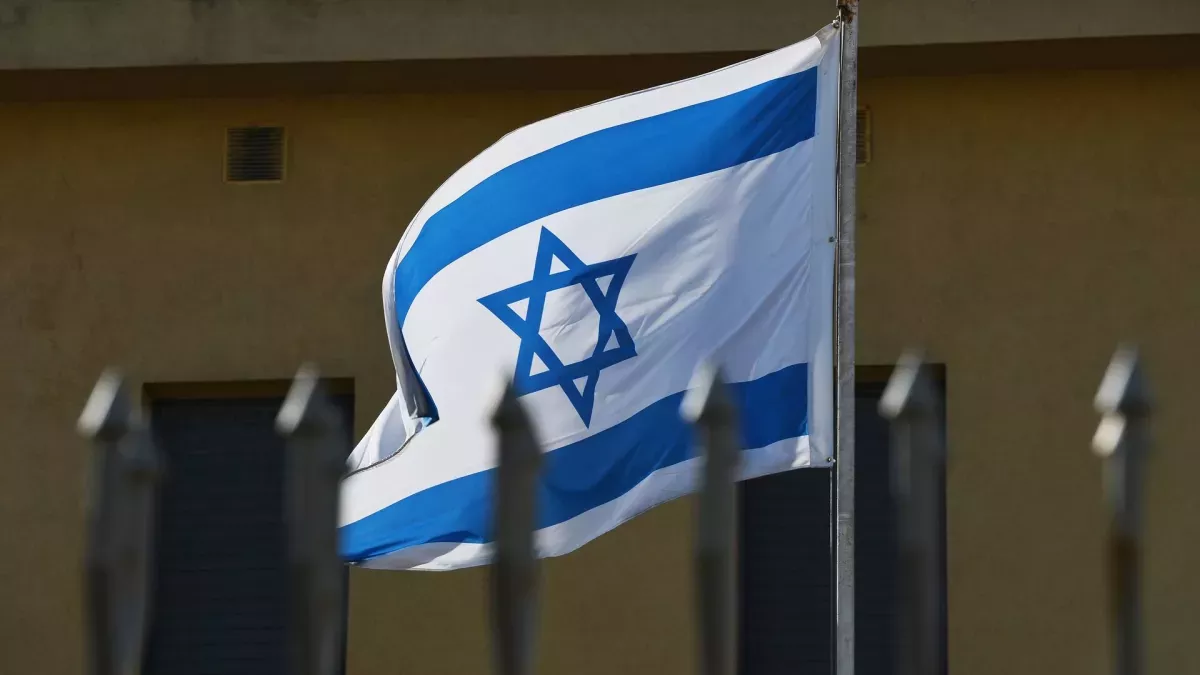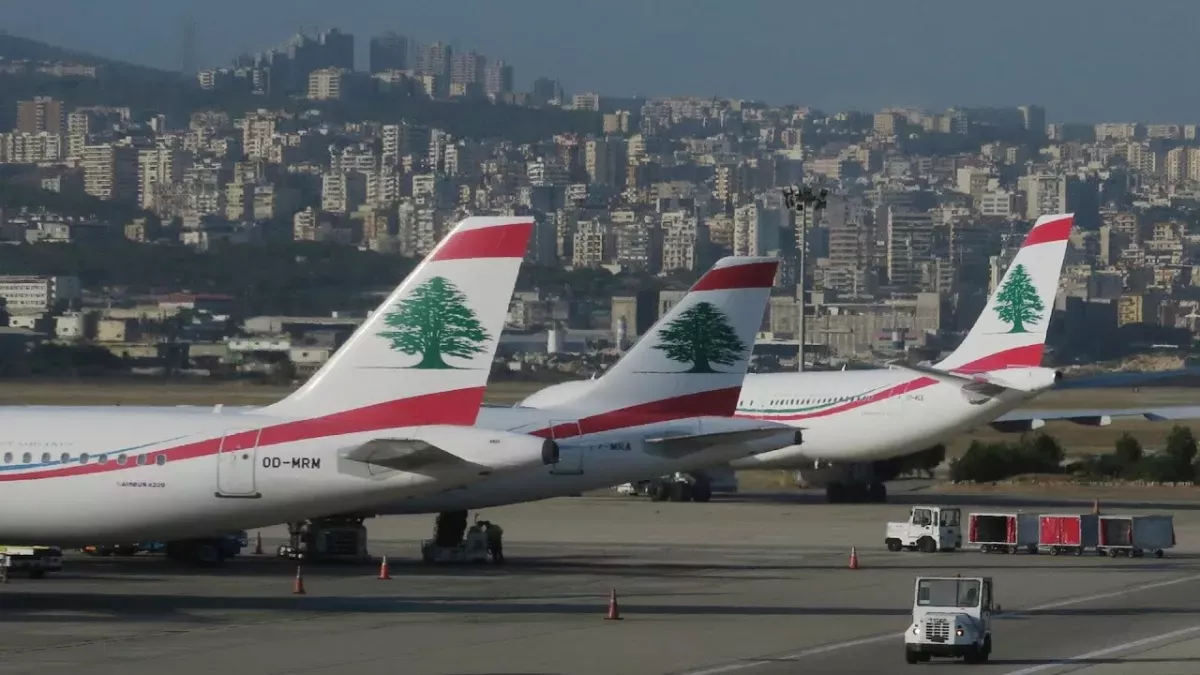Israel conducts massive strike in Beirut targeting Hezbollah leader
Israel launched an airstrike on Hezbollah's headquarters in Beirut, aiming to eliminate leader Hassan Nasrallah.
The Israel Defence Forces (IDF) struck Hassan Nasrallah, in response to his refusal to stop shelling Jewish State territory, Caliber.Az reports via foreign media.
The attack, marking the largest since the 2006 Lebanon war, resulted in at least six deaths and 91 injuries. Over the past 11 days, more than 700 people have died in escalating violence between Israel and Hezbollah.
The Israel Defense Forces issued evacuation orders for areas near buildings allegedly housing Hezbollah's missiles. The US was informed of the strike moments before it occurred, though officials later claimed they had no prior warning or involvement.
Israeli officials suggested that Nasrallah was present during the attack, which was justified as a strategic move to disrupt Hezbollah's operations amidst ongoing conflict. This escalation follows recent calls for a ceasefire, highlighting tensions between Israel’s military objectives and diplomatic efforts.
Israel intensified its airstrikes on Beirut, targeting Hezbollah's leadership and arms depots allegedly located beneath residential buildings.
Residents in six suburbs, including Dahiyeh, were given minimal notice to evacuate before over 20 strikes occurred overnight. Despite Hezbollah's denial of weapon storage in the targeted buildings, Iran accused Israel of using US-supplied bombs on civilian areas. The Israel Defense Forces (IDF) claimed their attacks were precise, resulting in at least six deaths and numerous injuries, including the elimination of key Hezbollah figures.
Prime Minister Benjamin Netanyahu's military actions have raised concerns among Western diplomats about escalating conflict in the region. Jordan's foreign minister warned that Netanyahu's approach risks broader war, while Iran accused the US of complicity in the strikes.

Amid ongoing conflict, Israeli Prime Minister Netanyahu cut his UN trip short, while Western diplomats expressed frustration over his government's actions.
Netanyahu left Israel for New York to “trick” Hezbollah’s leader into thinking he was safe, a senior Israeli official told media.
Netanyahu’s address to the UN was part of a “diversionary plan” intended to make Hassan Nasrallah believe Israel would not take drastic action with the prime minister out of the country.
Israel struck Beirut with a massive air strike on September 27 that shook the Lebanese capital.
Nasrallah was believed to be watching Netanyahu’s speech “and was then attacked by Israeli Air Force planes”, the official said.
The situation remains tense, with concerns of an escalating conflict across the region.
Meanwhile, the Islamic Resistance in Iraq announced on September 28 that it conducted an operation in southern occupied Palestine, targeting a significant object with drones. This action is part of their ongoing commitment to intensify attacks on enemy strongholds as Israel continues its violent campaign in Lebanon and Palestine.
On the same day, the Islamic Resistance reported three operations against Israeli forces, including a successful strike on a crucial target in occupied Palestine using an advanced Al-Arqab cruise missile and a drone strike on a military site in the occupied Syrian Golan.
The Resistance emphasized that these operations support the people of Palestine and Lebanon and are a response to the violence inflicted upon civilians, including children and the elderly. They reaffirmed their determination to escalate their efforts against Israeli targets.
In the context of escalating tensions, Israel intercepted approximately ten rockets fired from Lebanon, according to the IDF. The IDF confirmed that some of the incoming rockets were successfully intercepted following air alert sirens in the Upper Galilee region. The army's press office stated, "After the recent sirens, around ten rockets crossed the border into Israeli territory from the Lebanese side. Some of these rockets were intercepted."

In response, the Israeli Air Force conducted strikes against the Hezbollah launchers responsible for the attack.
The Iranian Embassy in Lebanon has described the IDF's strike on Hezbollah's central headquarters in Beirut as a significant escalation in the Lebanese-Israeli conflict, labeling it a "game changer." In a statement shared on X, the embassy condemned the attack as a "serious escalation" that alters the dynamics of the conflict, warning that those responsible will face consequences.

Israeli officials indicated that the strike was prompted by Hezbollah leader Hassan Nasrallah's refusal to sever ties with Hamas in Gaza and to cease hostilities along the northern border. The decision to target Nasrallah was reportedly discussed prior to Israeli Prime Minister Benjamin Netanyahu's trip to New York.
In response to the attack, Israel has heightened security measures at its embassies worldwide, and the Israeli military had previously announced its operations against Hezbollah's central command. Earlier, the Israeli army confirmed its attack on Hezbollah's central headquarters.
In light of these developments, the Israel Defense Forces have declared their commitment to preventing any arms transport to Beirut airport. During a briefing, IDF spokesman Daniel Hagari stated that Israeli Air Force aircraft are currently patrolling the airspace around the airport. He emphasized that, unlike Syria, Lebanon has demonstrated responsibility over the past few years by not permitting arms transfers via its civilian airport.

Hagari further noted that the Israeli Armed Forces possess intelligence indicating that Iran is supplying weapons to Hezbollah, and they are committed to preventing these deliveries.
"We will not allow hostile flights carrying weapons to land at Beirut's civilian airport," he asserted, reinforcing that the airport is intended solely for peaceful purposes.
By Vafa Guliyeva








